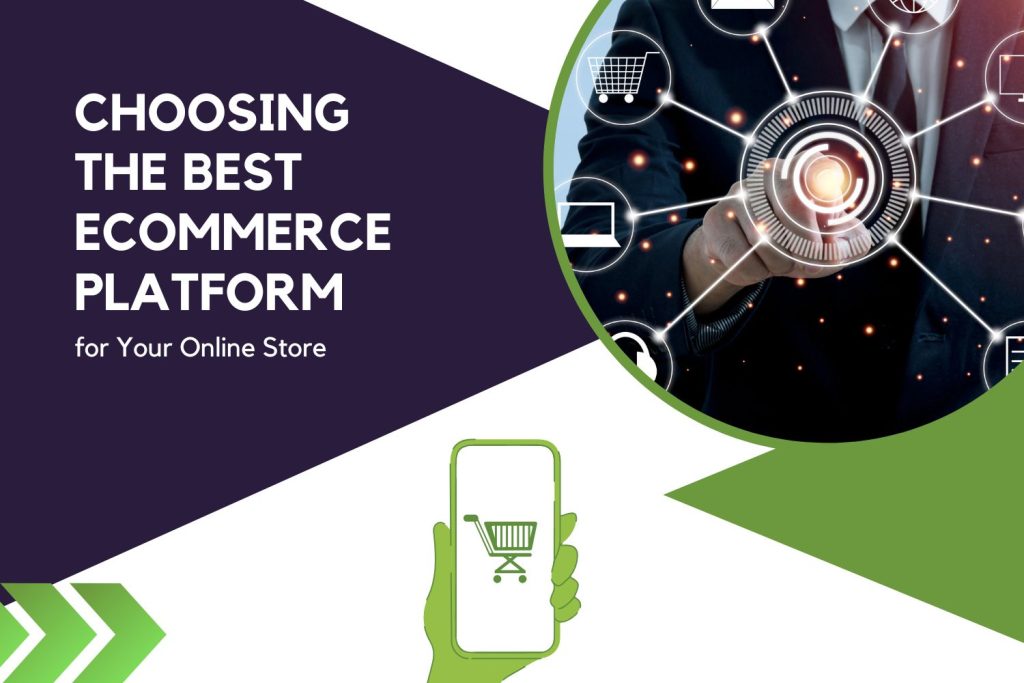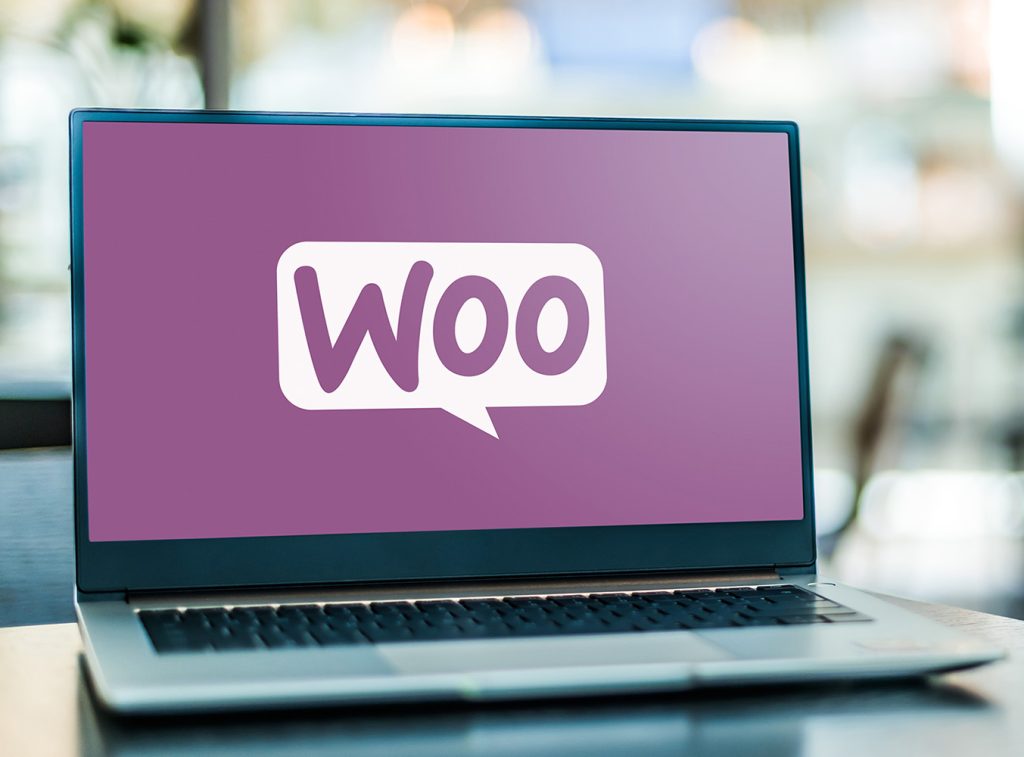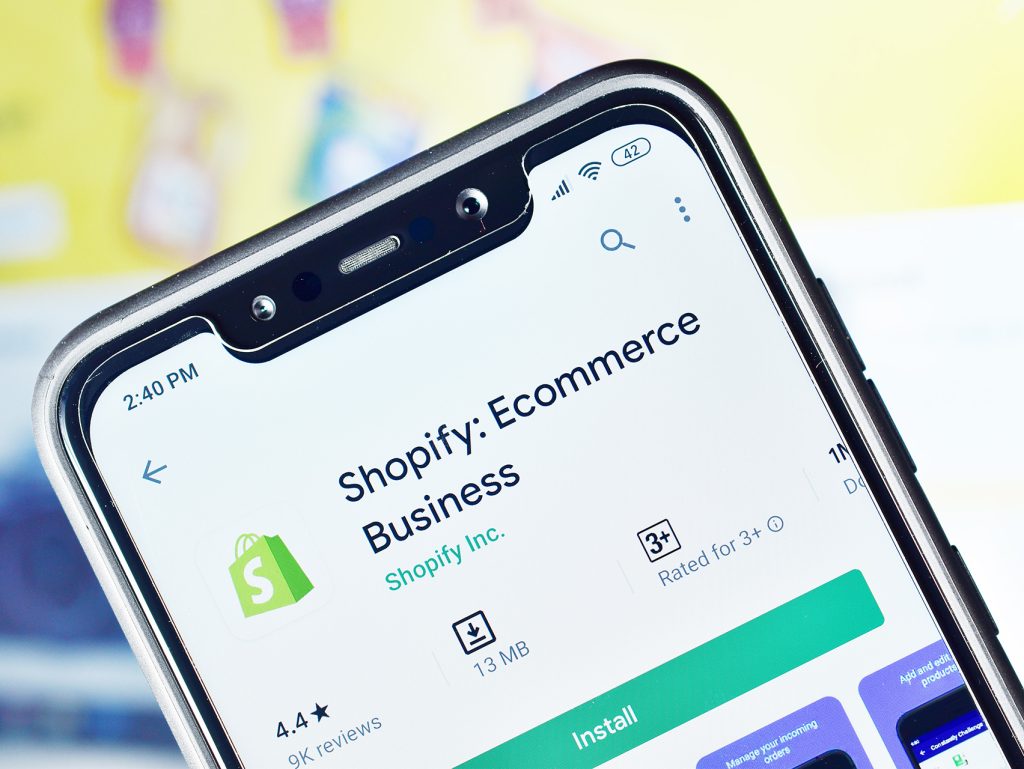
Choosing the Best eCommerce Platform for Your Online Store
When it comes to launching or upgrading your online store, choosing the best eCommerce platform is one of the most important decisions you’ll make. The right platform determines your store’s design flexibility, performance, scalability, and integration options — all of which directly impact your customer experience and bottom line. In today’s market, WooCommerce and Shopify stand out as two of the most popular solutions for businesses looking to invest in professional eCommerce Website Design. Each offers powerful features, but they excel in different ways depending on your business goals.
In this guide, we’ll compare WooCommerce and Shopify head-to-head so you can make an informed choice that supports your growth now and in the future. We’ll break down their strengths in design flexibility, performance, scalability, and integrations so you know exactly which one is the right fit.
Recent Posts
Follow Us on Social Media
Stay Up to Date With the Latest Digital Marketing Tips & Tricks

Choosing the Best eCommerce Platform for Your Online Store
When it comes to launching or upgrading your online store, choosing the best eCommerce platform is one of the most important decisions you’ll make. The right platform determines your store’s design flexibility, performance, scalability, and integration options — all of which directly impact your customer experience and bottom line. In today’s market, WooCommerce and Shopify stand out as two of the most popular solutions for businesses looking to invest in professional eCommerce Website Design. Each offers powerful features, but they excel in different ways depending on your business goals.
In this guide, we’ll compare WooCommerce and Shopify head-to-head so you can make an informed choice that supports your growth now and in the future. We’ll break down their strengths in design flexibility, performance, scalability, and integrations so you know exactly which one is the right fit.
Why Choosing the Best eCommerce Platform Matters
Your online store isn’t just a collection of products; it’s the foundation of your brand’s digital presence. Choosing the best eCommerce platform ensures that your store looks professional, loads quickly, adapts as your business grows, and integrates smoothly with the tools you use. A platform that aligns with your goals will make it easier to scale, optimize, and keep customers engaged.
A well-built eCommerce Website can increase your credibility, boost conversions, and simplify operations. The wrong platform, on the other hand, can lead to technical headaches, design limitations, and lost sales. That’s why it’s important to weigh each option carefully.
WooCommerce is an open-source eCommerce plugin for WordPress that transforms your site into a fully functional online store. Known for its flexibility, it’s a go-to choice for business owners who want complete control over every aspect of their eCommerce Website Design. With thousands of themes and plugins available, you can create a highly customized store that fits your brand perfectly.
WooCommerce is free to install, but you’ll need to budget for hosting, premium themes, and certain integrations. This self-hosted nature means you’re responsible for managing updates, security, and performance — but it also gives you unmatched customization potential.


Shopify is a fully hosted eCommerce platform that offers an all-in-one solution for building and running your online store. With Shopify, you pay a monthly fee that includes hosting, security, and updates. It’s designed for ease of use, making it ideal for entrepreneurs who want to focus on sales rather than technical maintenance.
Shopify’s ecosystem includes hundreds of professionally designed themes and a robust app marketplace. While it’s less customizable than WooCommerce, it excels in reliability, user-friendliness, and built-in features that help store owners get started quickly.
Design Flexibility: WooCommerce vs Shopify
WooCommerce Design Flexibility
WooCommerce’s biggest advantage in design flexibility comes from its integration with WordPress. You can choose from thousands of themes and customize them extensively with page builders like Elementor or Gutenberg. This means your eCommerce Website Design can be as unique and branded as you want it to be, without being restricted by platform limitations.
Developers can modify the site’s code directly, giving you full creative control. Whether you want a minimal product catalog or a fully interactive online shopping experience, WooCommerce can handle it.
Shopify Design Flexibility
Shopify offers a wide range of professional themes that are mobile-responsive and designed for conversions. The built-in drag-and-drop editor makes it easy to adjust layouts, colors, and typography without coding knowledge. While customization is more limited compared to WooCommerce, Shopify’s structured design system ensures that your store looks polished and consistent.
For most store owners, Shopify’s design tools are more than enough to create an attractive and functional eCommerce Website. However, if you need extensive design changes beyond what the theme editor allows, you may need to hire a developer with Shopify’s Liquid coding expertise.
Performance and Speed
WooCommerce Performance
Performance in WooCommerce largely depends on your hosting provider. A high-quality hosting plan with caching and a content delivery network (CDN) can make your store lightning fast. The flexibility of WooCommerce means you can optimize performance through custom configurations and specialized plugins.
However, if you choose a budget hosting option or overload your site with heavy themes and plugins, your eCommerce Website Design may suffer from slow load times, which can hurt conversions.
Shopify Performance
Because Shopify is fully hosted, performance and speed are handled for you. The platform automatically uses CDN technology, optimizes images, and ensures fast loading times globally. This makes Shopify a reliable choice if you want consistent performance without managing technical details.
Shopify’s controlled environment also means fewer risks of performance dips caused by third-party themes or plugins.
Scalability
WooCommerce Scalability
WooCommerce is highly scalable because it’s open-source. You can expand your store with new features, integrations, and designs as your business grows. From small shops to enterprise-level operations, WooCommerce can handle it all — as long as your hosting plan supports the growth.
Scaling WooCommerce requires a proactive approach to eCommerce Website Design, hosting resources, and security management.
Shopify Scalability
Shopify makes scaling easy by offering higher-tier plans with advanced features. You can upgrade to Shopify Plus for enterprise-level functionality, better support, and enhanced automation tools. Since the platform is managed for you, scaling is seamless, though you may face some limitations in custom functionality compared to WooCommerce.
Integration Options
WooCommerce Integrations
WooCommerce integrates with thousands of tools and services, from payment gateways to marketing automation platforms. Because it’s part of the WordPress ecosystem, you also have access to plugins for SEO, email marketing, analytics, and more. This makes it an excellent choice for businesses with complex integration needs.
Shopify Integrations
Shopify’s app store contains over 8,000 apps covering everything from accounting to dropshipping. While some advanced integrations may require paid apps, Shopify ensures compatibility and ease of use. The platform’s API also allows for custom integrations when necessary.
Cost Considerations
WooCommerce’s base plugin is free, but costs add up with hosting, premium themes, plugins, and developer time. Shopify charges a monthly subscription, plus transaction fees unless you use Shopify Payments. Both have ongoing costs, but the breakdown depends on your needs and resources.
Security and Maintenance
WooCommerce requires you to manage your own security measures, updates, and backups. Shopify, being hosted, takes care of these aspects automatically. If you prefer hands-off maintenance, Shopify may be the better choice. If you want full control, WooCommerce gives you that flexibility.
SEO Capabilities
WooCommerce, paired with WordPress, offers extensive SEO tools and plugins for full optimization control. Shopify includes built-in SEO features, but some advanced options may require third-party apps. Both can rank well if optimized properly, but WooCommerce offers more granular control.
Making Your Decision
Choosing the Best eCommerce Platform for Your Business
When choosing the best eCommerce platform, consider your technical expertise, budget, and long-term growth plans. If you value maximum customization and control, WooCommerce may be the best fit. If you want a streamlined, managed solution that lets you focus on selling, Shopify is a strong choice.
Your choice will also impact how your eCommerce Website Design supports your branding, integrates with tools, and scales over time.
Both WooCommerce and Shopify are capable of powering successful online stores. The decision comes down to your specific needs for design flexibility, performance, scalability, and integration options. By choosing the best eCommerce platform for your business, you’re setting the stage for long-term success.
If you’re ready to build or redesign your store, our team at Acme Digital Marketing specializes in eCommerce Website Design that captures your brand, engages your customers, and drives sales. We can help you choose the right platform and create a store that grows with you.
Acme Digital Marketing’s blog post, “Checklist of Questions to Ask Before Hiring a Web Designer,” provides a clear and practical guide to help you select the right partner for your website project. It walks you through essential questions to assess a designer’s technical expertise (platforms, CMS), included services (design, copy, SEO, branding, maintenance), and project management (revision limits, timelines, ongoing support) to ensure alignment with your business goals
Ready to hire a web designer with confidence? Get the full checklist of crucial questions—so you can avoid costly mistakes, secure the expertise you deserve, and build a website that truly drives growth.
Stand Out Online With a Custom Website Design That Reflects Your Brand
Let’s Build Something Great!
Please Share This



